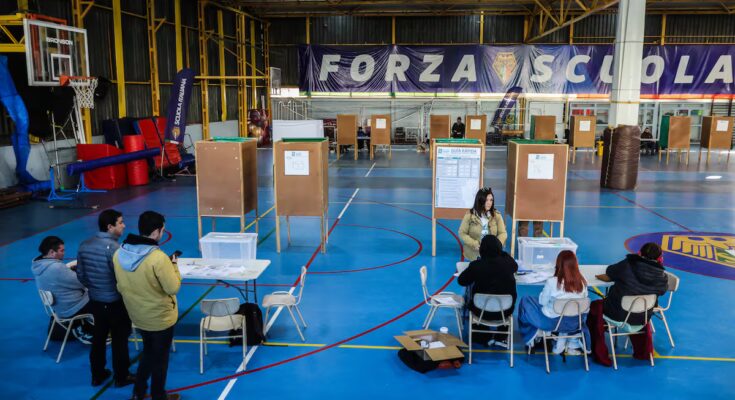José Antonio Kast and Jeannette Jara will meet again in the second round. After the November 16 elections, none of the eight candidates achieved the absolute majority – more than 50% of valid votes cast – required by law to win in the first round.
According to Article 26 of the Chilean Constitution, when no candidate reaches a majority, the two with the highest number of votes automatically go to a second election. In the playoff, whoever obtains the majority of valid votes will be proclaimed president-elect by the Electoral Qualification Tribunal (Tricel). During this Sunday’s elections, the official candidate was the most voted candidate, followed closely by the ultra-conservatives. “I congratulate Jeannette Jara and José Antonio Kast for their passage to the second round,” said President Boric della Moneda, supported by his Interior Minister, Álvaro Elizalde, and his spokeswoman, Camila Vallejo.
When is the second round?
It will be held on Sunday 14 December, exactly 28 days after the first vote. Servel is in charge of coordinating this new process, which takes place in the same premises and polling stations as the first election.
Over the next four weeks, both candidates will be able to resume their political campaigns, albeit with more limited restrictions on funding, media time and propaganda in public spaces.
Who votes? Is it still mandatory?
Participation is mandatory, as in the first vote. This means that all people registered on the electoral roll will have to go to vote again, unless they have a justified excuse before the competent authority, such as illness, being out of the country or more than 200 kilometers from the voting location. The obligation to vote applies even if the citizen has already participated in the first round, because it is a new electoral process.
What happens if there is a draw in the second round?
If Jara and Kast obtain exactly the same number of valid votes – a very unlikely situation, but foreseen by law – the Plenary Congress will have to elect the president by secret ballot. The winner will be whoever obtains the absolute majority of the votes of the parliamentarians in office.


